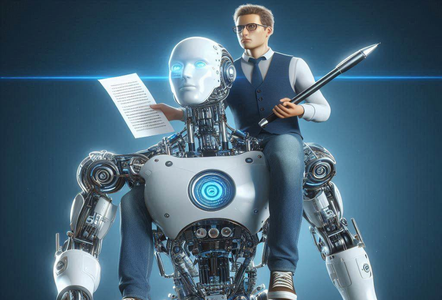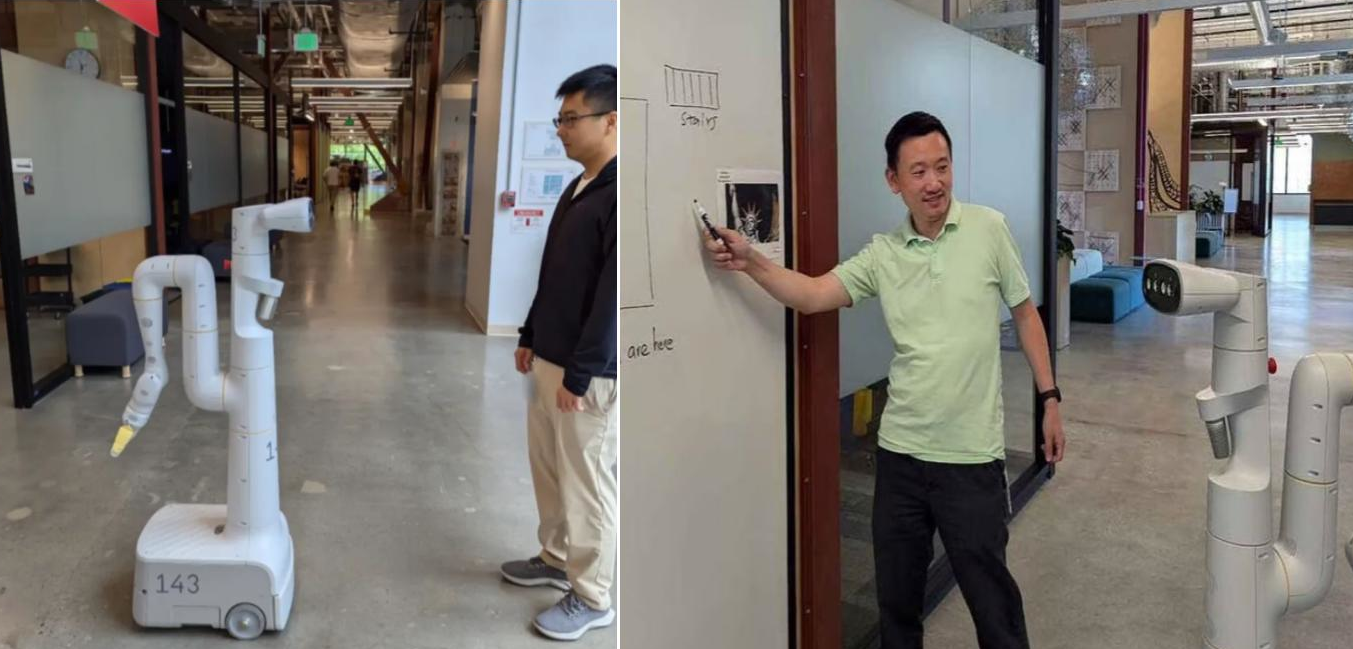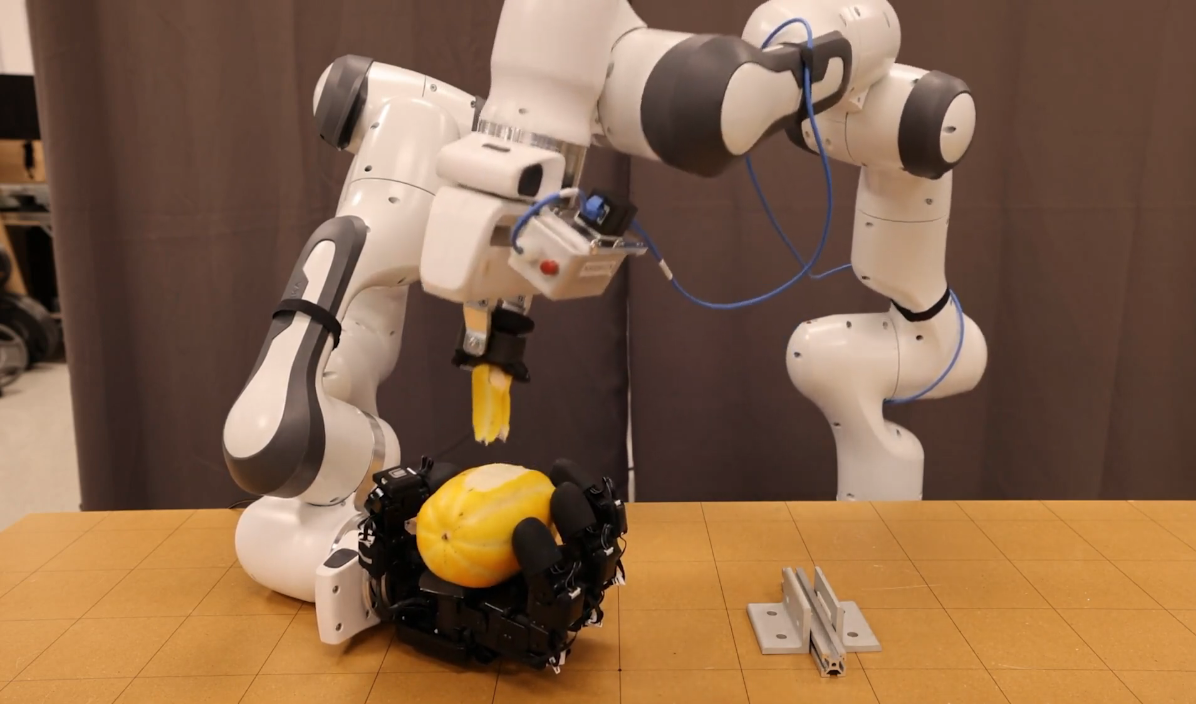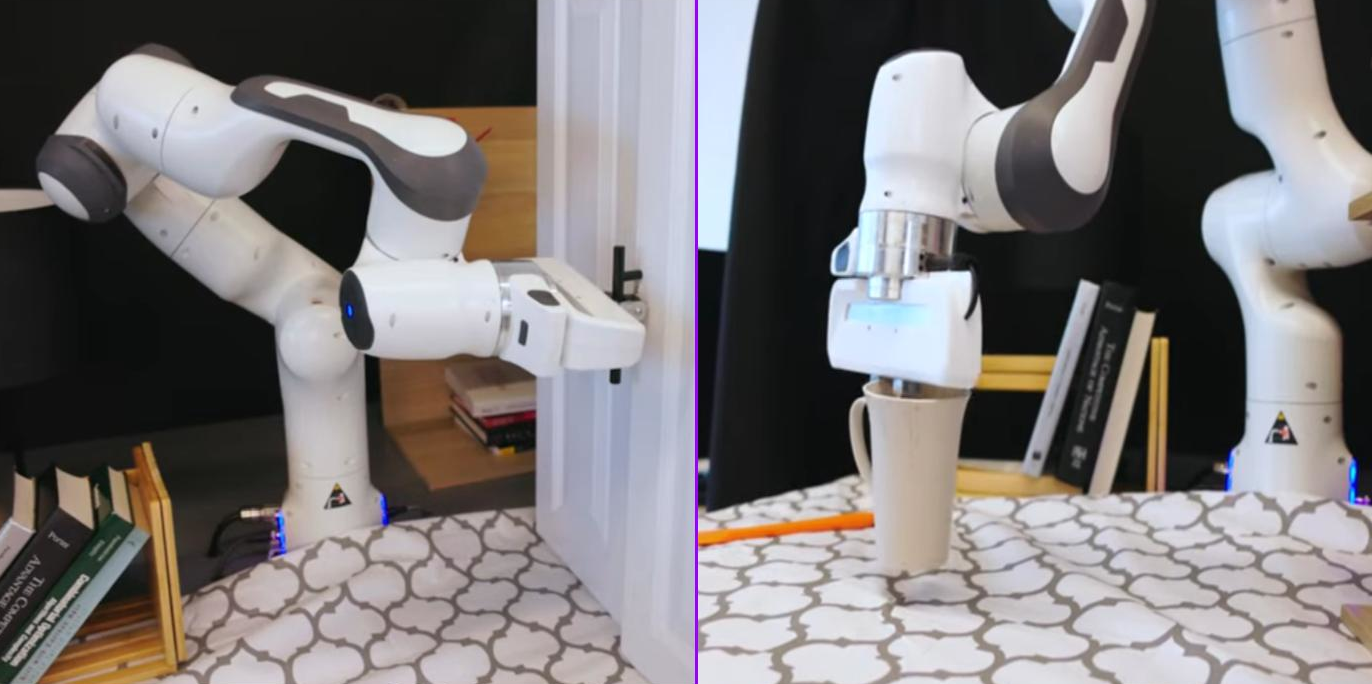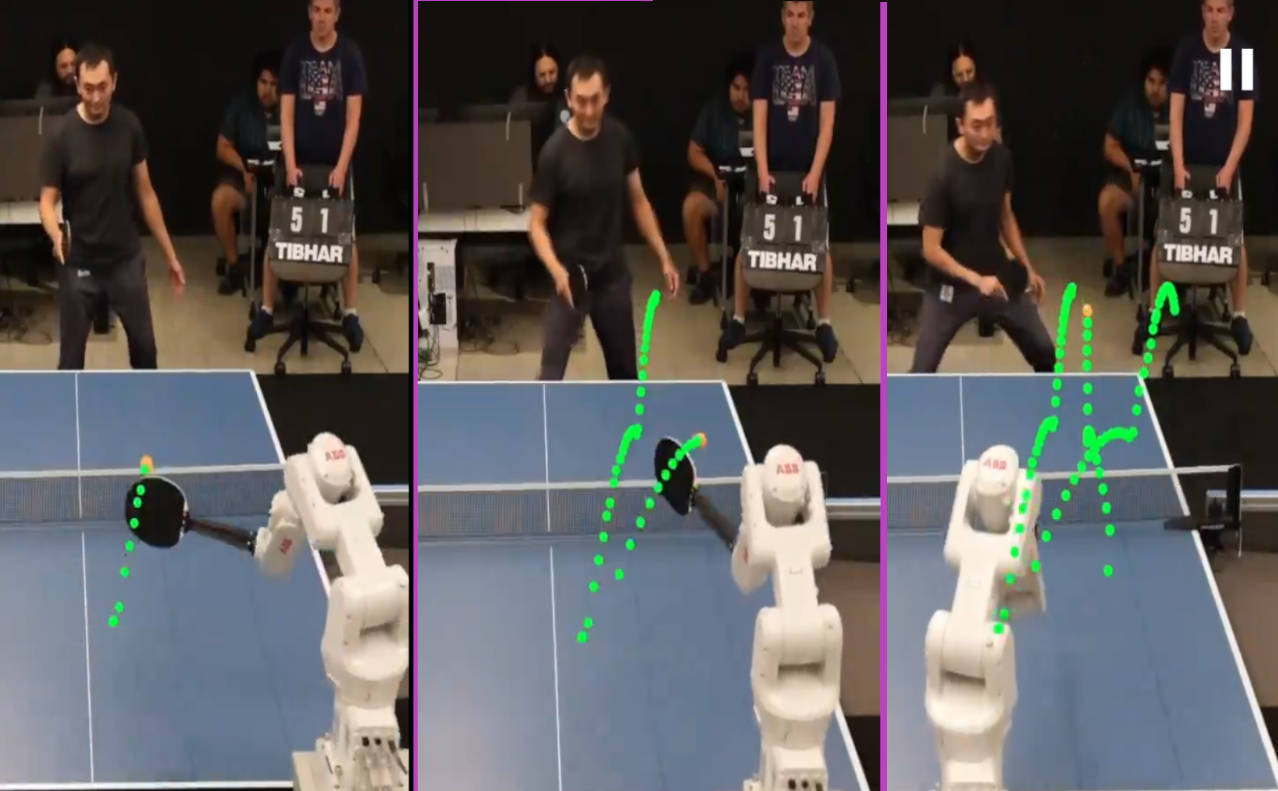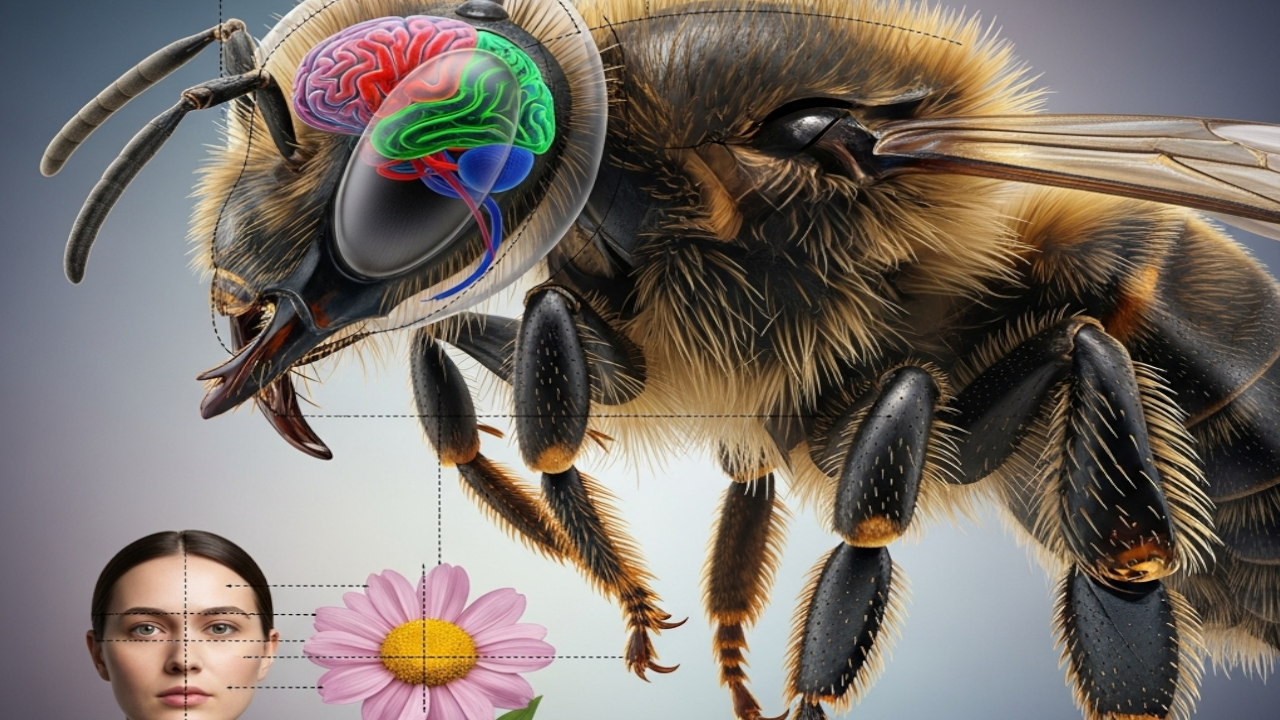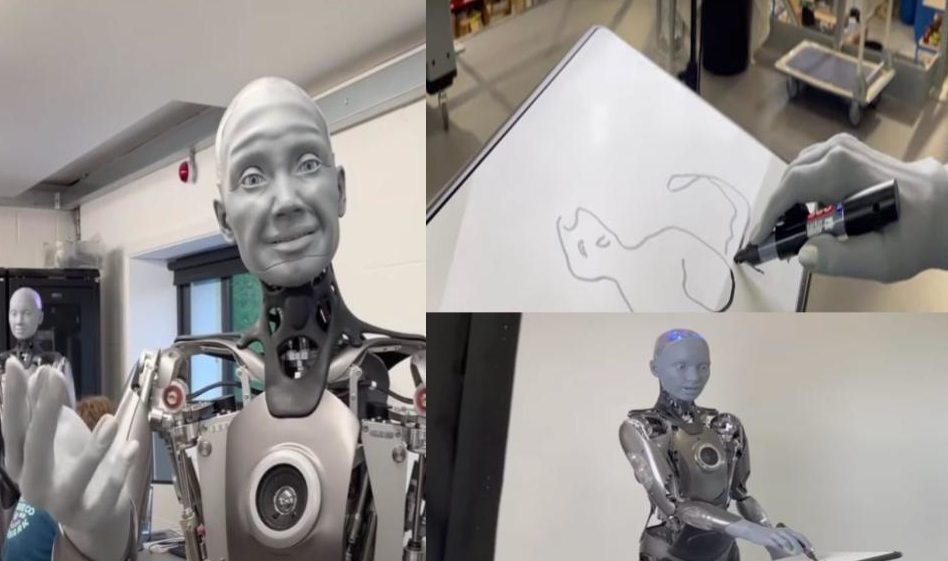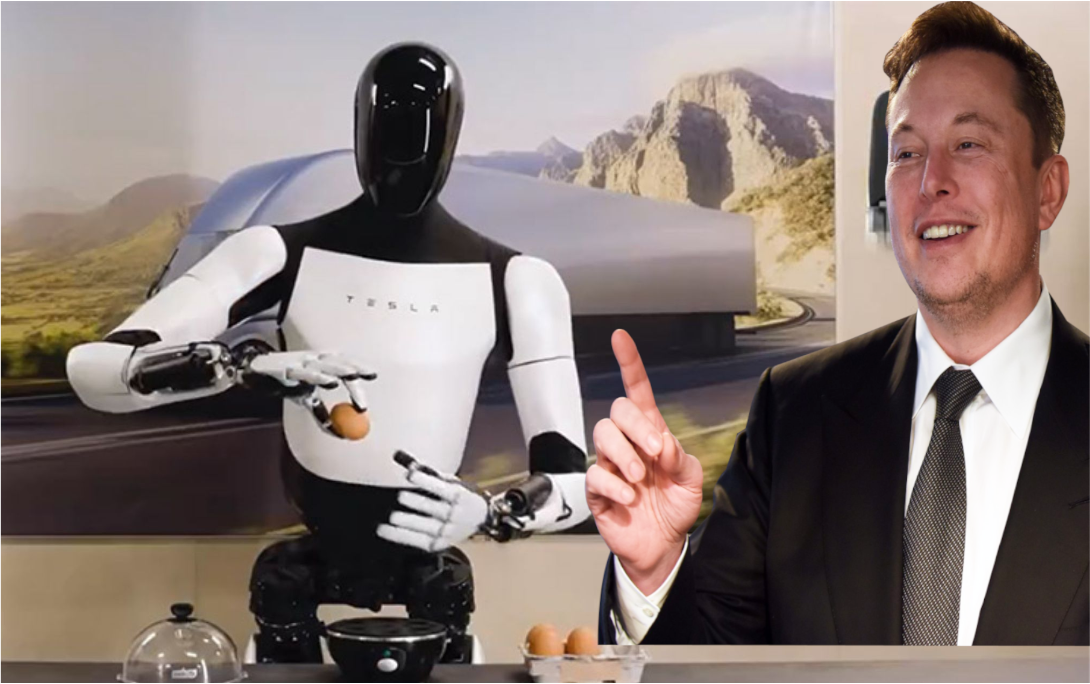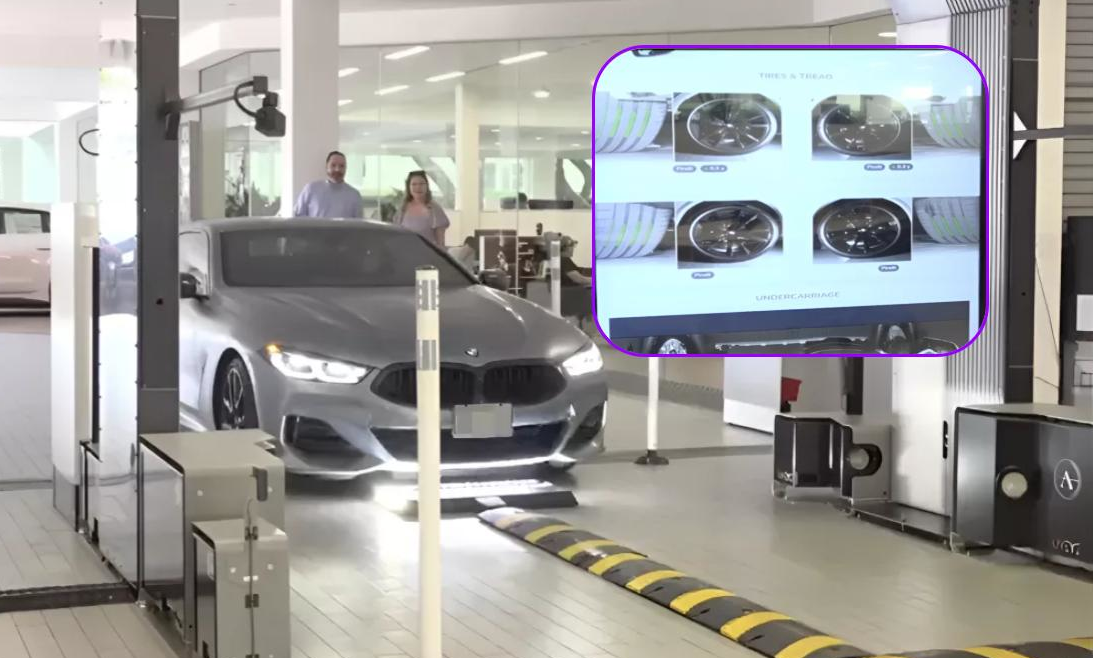In an interview with filmmaker Christopher Nolan, he remarked about AI models: “These models and the way they process information are all based on past human creativity.” Thus, he does not believe AI can replace human creativity but rather assists it. While many share this viewpoint, there are those who believe that AI chatbots are either surpassing or are on the verge of surpassing humans, even in creative fields.
To explore whether these AI models (chatbots) aid human creativity, researchers Anil Doshi and Oliver Hauser from University College London and the University of Exeter, respectively, conducted an experimental study. Their research did not aim to compare AI’s creative abilities to humans, but rather to see if AI could enhance human creativity.
The researchers selected 300 writers who do not consider themselves professional writers. They conducted tests to measure their creative writing abilities, then divided them into three groups. All groups were asked to write short stories on specific topics, containing only eight sentences. The first group had to write their stories without AI assistance. The second group could use AI to generate one idea for their story, and the third group could use AI to generate five ideas. However, all participants wrote their stories themselves.
600 people evaluated the written stories to determine how creative they were. Although this is difficult to assess, most studies use two criteria: novelty and usefulness. Novelty refers to the originality and uniqueness of the story, and usefulness refers to the quality of the story and its relevance to the target audience.
The researchers found that stories written with AI assistance were more novel and useful. The group that used five ideas generated by AI had stories that were 8% more novel and 9% more useful than those using only one idea. This indicates that AI helps individuals write more creative stories, thus enhancing individual creativity.
On the other hand, the researchers evaluated the stories for each group as a whole and found that the stories that used AI were much more similar than those that did not, suggesting that creativity at the collective level decreases when AI is used. This can be explained by the fact that AI is limited to a set of ideas that all writers rely on, which increases the similarity in their stories.
They also found that writers who scored higher on creativity tests in the pre-tests had a weak or negative effect of AI on increasing their creativity. This suggests that AI helps less creative individuals improve their writing but does not offer real value to more creative writers.
Therefore, the study concludes that AI is beneficial for nurturing individual creativity, but overusing it diminishes collective creativity. In a way, this aligns with Christopher Nolan’s opinion, with which we began, that AI is a powerful and useful tool, but it does not replace human creativity as it is solely based on past creativity.
